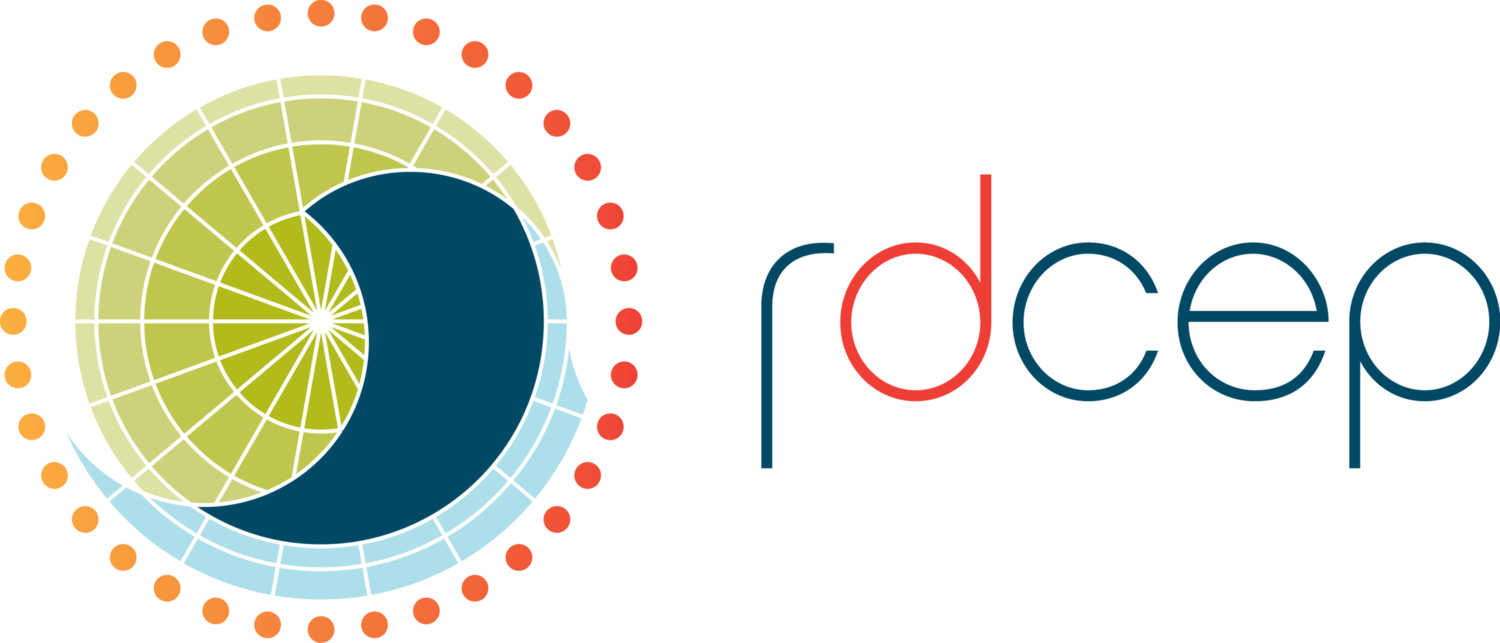Critical drivers to 2050, key vulnerabilities, and needed policy interventions
Food and nutrition security policies should be made with future eventualities in mind so that proper planning and investments can be made today. There are several approaches to generating “plausible futures.” Using both quantitative and qualitative methods, analysts perform “foresight” exercises to see how various paths to economic growth and development will affect poverty, hunger, climate change, and human welfare.
This seminar brings together representatives from different research initiatives to identify the most likely drivers of change in the environment and food security between now and 2050. Panelists will discuss large foresight initiatives—such as Agrimonde-Terra, co-led by two French agencies, and the EU-funded FoodSecure project—as well as the SIMPLE model developed by Purdue University, which provides insights into the key forces that determine both past and future trends in agricultural productivity, land use, and food security.
RDCEP's Tom Hertel will attend as one of the Seminar's speakers.
A Q&A and discussion will follow.
Location:
IFPRI | 2033 K St, NW | 4th Floor
Washington, DC 20006
Speakers:
Marie de Lattre Gasquet, Senior Foresight Scientist, CGIAR Consortium
David Laborde Debucquet, Senior Research Fellow, IFPRI
Thomas Hertel, RDCEP, Distinguished Professor of Agricultural Economics, Purdue University
Discussant:
Will Martin, Senior Research Fellow, IFPRI
Moderator:
Siwa Msangi, Senior Research Fellow, IFPRI













